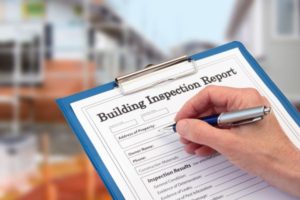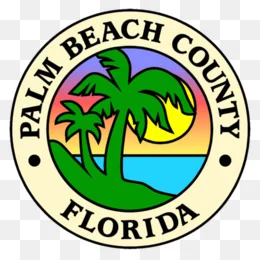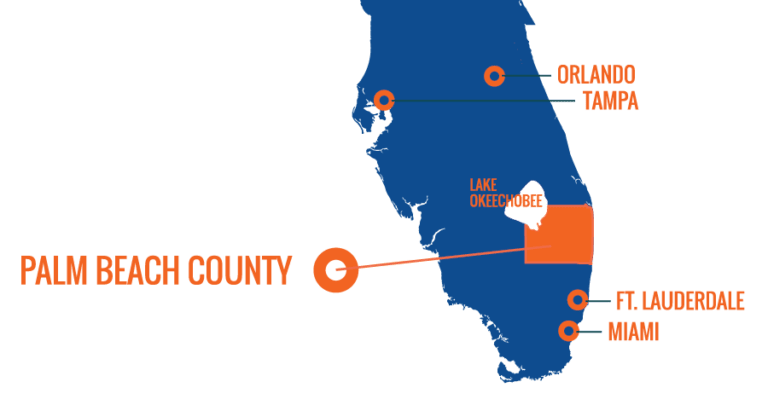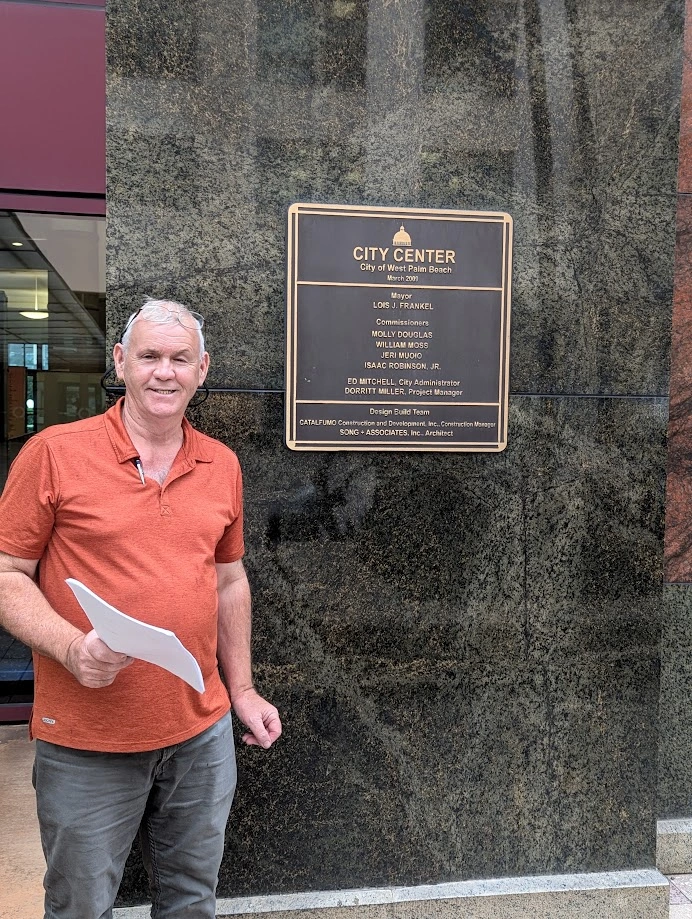What is Code Enforcement Palm Beach County

Business

Building Inspections
CODE ENFORCEMENT OFFICER DEFINITION: Code Enforcement Officer in Palm Beach County, Florida is a sworn or non-sworn inspector, officer or investigator, employed by a city, or county, or city and county, who possesses specialized training in, and whose primary duties are the prevention, detection, investigation, and enforcement of violations of laws regulating public nuisance, public health, safety, and welfare, public works, business activities, and consumer protection, building standards, land-use, or municipal affairs.
Code enforcement is a double-edged sword for communities. While residents value it for protecting property values and the environment, some see it as an intrusion on property rights. Traditionally, it focused on local ordinances like zoning, building codes, and health regulations. Today, it encompasses federal and state mandates on air/water quality, hazardous waste, and accessibility (ADA). This broadened scope reflects the growing emphasis on public health and welfare.
Modern code enforcement officers ensure timely compliance with policies, regulations, and permits within legal bounds. They need a deep understanding of both the rationale behind these regulations and the legal limitations of enforcement. Similarly, policymakers must comprehend the practical challenges of implementing these codes.
Code enforcement officials occupy a unique position. They bridge the gap between policymaking and law enforcement. Policies are created at various levels (federal, state, local) to address problems or respond to mandates. Enforcement applies these laws to specific properties, either through persuasion or legal action (using police powers). Both sides – enforcers and policymakers–need to understand the entire code enforcement process with its inherent complexities.
Mission Statement Palm Beach County

The Code Enforcement Division’s mission is to uniformly and consistently enforce the Palm Beach County Code of Ordinances and Land Development Regulations; and to promote and protect the health, safety, welfare, and quality of life for residents, businesses, and tourists of Palm Beach County. The Code Enforcement Division works with County residents and responds to requests for service. Code Enforcement Officers (CEOs) ensure that all requests are individually tracked and investigated, and seek compliance through the process outlined in Florida Statutes Chapter 162.
Palm Beach County There are 39 incorporated municipalities within Palm Beach County. Each municipality enacts and enforces policies and laws within its incorporated boundaries, except Countywide ordinances specified in the Charter of Palm Beach County. Persons living within municipal boundaries should contact their municipality regarding concerns and inquiries related to public services.

Unincorporated
- 40 – Lantana
- 02 – Atlantis
- 41 – Loxahatchee Groves
- 04 – Belle Glade
- 42 – Manalapan
- 06 – Boca Raton
- 44 – Mangonia Park
- 08 – Boynton Beach
- 46 – Ocean Ridge
- 09 – Briny Breezes
- 48 – Pahokee
- 10 – Cloud Lake
- 50 – Palm Beach
- 12 – Delray Beach
- 52 – Palm Beach Gardens
- 14 – Glen Ridge
- 54 – Palm Beach Shores
- 18 – Greenacres
- 56 – Riviera Beach
- 20 – Gulf Stream
- 58 – South Bay
- 22 – Haverhill
- 60 – Tequesta
- 24 – Highland Beach
- 62 – Town of South Palm Beach
- 26 – Hypoluxo
- 66 – Village of Golf
- 28 – Juno Beach
- 68 – Village of North Palm Beach
- 30 – Jupiter
- 70 – Village of Palm Springs
- 32 – Jupiter Inlet Colony
- 72 – Village of Royal Palm Beach
- 34 – Lake Clarke Shores
- 73 – Wellington
- 36 – Lake Park7
- 4 – West Palm Beach
- 38 – Lake Worth Beach
- 77 – Westlake
‹ Back







